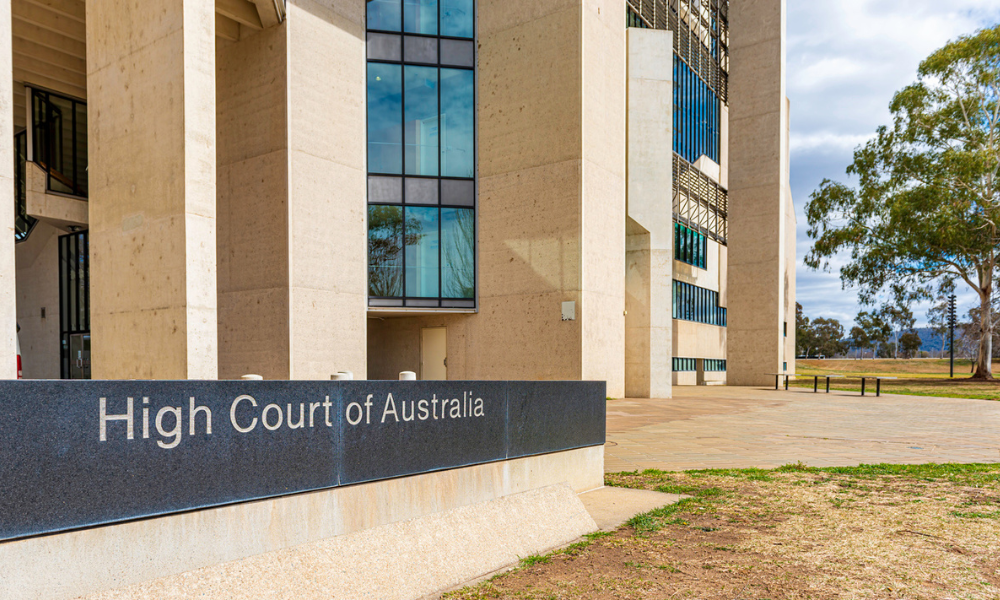The ruling overturns often-cited case law interpreting "undue hardship" differently

In a unanimous decision, the U.S. Supreme Court has clarified that employers may only decline to accommodate a worker’s religion if doing so will result in substantial increased costs to its business, raising the standard several notches higher than the previous business cost threshold of “more than de minimis”.
Groff v. DeJoy was a petition for certiorari brought forward by a postal worker from Pennsylvania named Gerald Groff. Groff was an Evangelical Christian who believed Sunday Sabbaths should be devoted to worship and rest alone and refused to work on Sundays aligned with his religious belief. Groff’s colleagues and the postmaster had to pick up his Sunday shifts as a result. Because he continued to get progressively disciplined by his employer while he maintained his religious stand, however, Groff eventually resigned.
Groff later sued the company under the Civil Rights Act of 1964, arguing that the U.S. postal service could have accommodated his religious practice “without undue hardship on the conduct of its business” as Title VII of the law required employers to do.
The lower court ruled in favour of the U.S. postal service. It explained that it was bound by the often-cited interpretation of “undue hardship” in Trans World Airlines, Inc. v. Hardison, 432 U. S. 63, 84 (1977), where the Supreme Court had said that “requiring an employer ‘to bear more than a de minimis cost’ to provide a religious accommodation” constituted an undue hardship for which the employer could validly decline to accommodate an employee’s religion.
The Supreme Court, now speaking through Justice Samuel Alito, decided to revisit its ruling in Hardison, saying it was the first time in over 50 years that it had the opportunity to do so.
“In the briefs and at argument, little space was devoted to the question of determining when increased costs amount to an ‘undue hardship’ under the statute,” the court observed of Hardison. “[But] a single, but oft-quoted, sentence in the opinion of the court, if taken literally, suggested that even a pittance might be too much for an employer to be forced to endure.”
The court now clarified that the line equating more than a de minimis cost to an undue hardship was not authoritative.
“In [Hardison], the court described the governing standard quite differently, stating three times that an accommodation is not required when it entails ‘substantial’ ‘costs’ or ‘expenditures’,” the high court said. Thus, an employer could be required to accommodate a worker’s religion even if they had to bear some costs – as long as they were not substantial.
“[But] there is a big difference between costs and expenditures that are not ‘substantial’ and those that are ‘de minimis’, which is to say, so ‘very small or trifling’ that that they are not even worth noticing,” Alito said, quoting Black’s Law Dictionary.
Both Groff’s lawyer and the U.S. solicitor general were in agreement that the de minimis reading of Hardison was wrong. The Supreme Court unanimously agreed.
The Supreme Court ruled that courts tasked to interpret Title VII of the Civil Rights Act should consider relevant factors in determining whether an employer would be suffering “undue hardship” by accommodating a worker’s religion. Factors included the particular religious belief of practice at issue, and the practical impact of its accommodation in light of the nature, size, and operating costs of the employer.
The Supreme Court remanded Groff’s case for consideration under this clarified standard.










